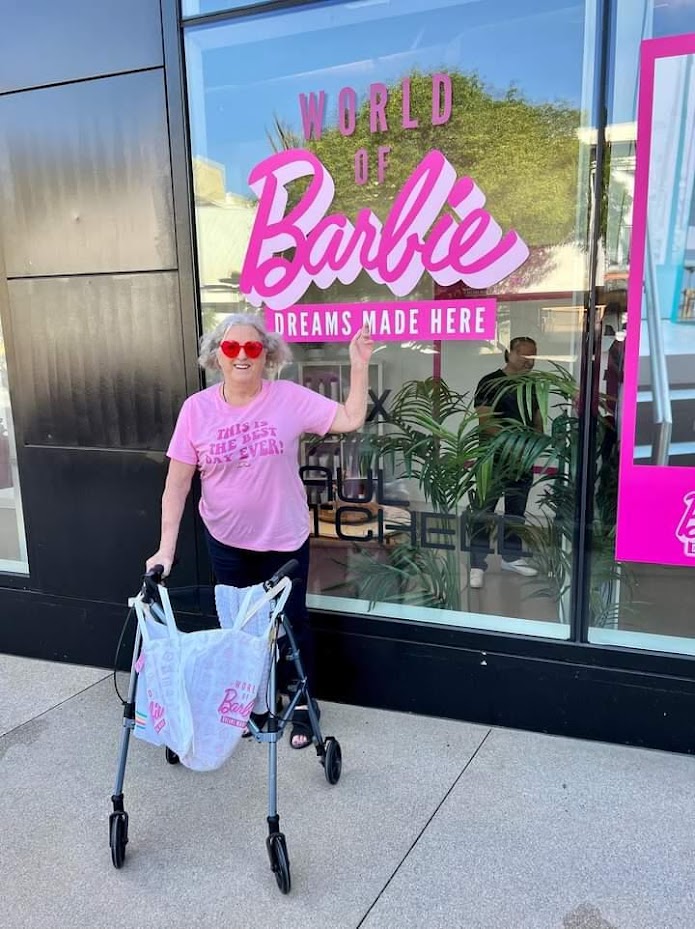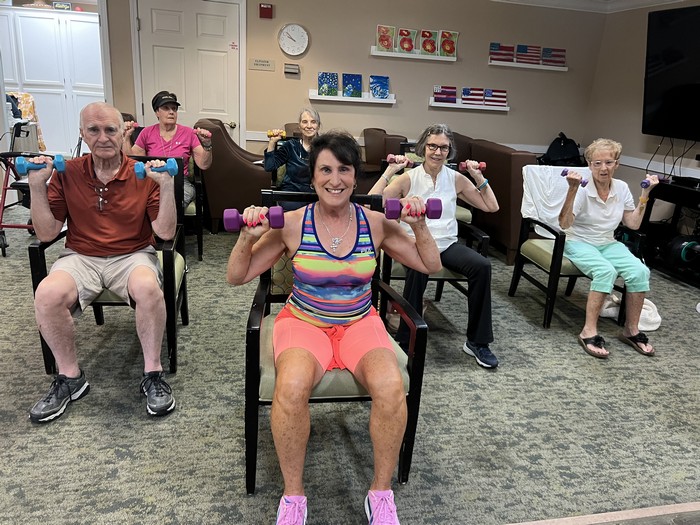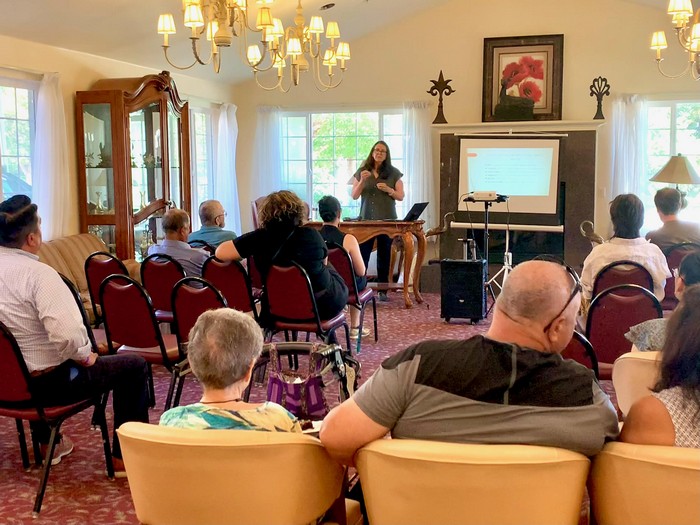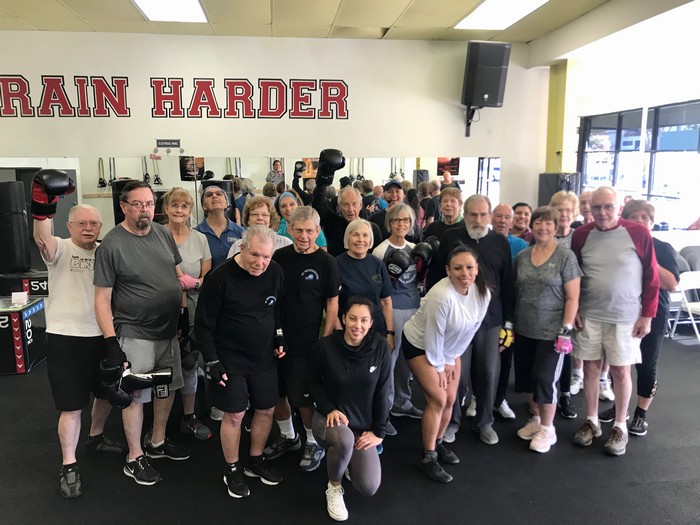by National Institute on Aging
Limbic-predominant age-related TDP-43 encephalopathy (LATE) is a recently characterized type of dementia. Similar to other forms of brain disorders, such as Alzheimer’s disease, LATE causes problems with memory and thinking but has different underlying causes.
Dementia is the result of changes in certain brain regions that cause nerve cells (also known as neurons) and their connections to stop working properly. Researchers have connected changes in the brain to certain forms of dementia. For example, the hallmark brain changes associated with Alzheimer’s are the buildup of amyloid plaques and tau tangles.
Researchers identified LATE based on results of autopsy studies that revealed abnormal clusters of a protein called TDP-43. TDP-43 is involved in other brain disorders, including amyotrophic lateral sclerosis and frontotemporal lobar degeneration. In LATE, it exhibits a different pattern of brain changes and tends to affect people over the age of 80.
The TDP-43 protein normally helps to regulate gene expression in the brain and other tissues. Deposits of this protein have been associated with deterioration of parts of the brain involved in memory, such as the hippocampus, resulting in cognitive impairment.
Recent autopsy studies examining tissue from donated brains found that certain patterns of misfolded TDP-43 proteins may be common in older adults. Researchers characterized this pattern of misfolded protein deposits as LATE.
For example, results from autopsy studies of more than 6,000 people with an average age at death of 88 years found that 40% had TDP-43 protein deposits associated with LATE and that LATE was associated with deficits in memory and thinking in approximately 25% of the donors. Those same studies also suggest that LATE can contribute to cognitive decline alone or in combination with other types of dementia. Just over half of those with signs of LATE also had evidence of Alzheimer’s-related proteins, suggesting that having more than one of these brain disorders may contribute to more rapid decline than either disease alone.
The symptoms of LATE are similar to those of Alzheimer’s. These include:
Problems with memory
Difficulty thinking and making decisions
Trouble finding the right words
Wandering or getting lost
How is LATE diagnosed?
Currently, there is no way to diagnose LATE in living people. It can only be diagnosed after death through autopsy.
If you are concerned about memory problems or other symptoms of dementia, talk with a doctor. You may be referred to a neurologist, a doctor specializing in disorders of the brain and nervous system.
Researchers continue to investigate the causes of and risk factors for LATE and ways to diagnose this disease in living people. For example, researchers are currently examining data to explore whether LATE has a unique pattern of brain degeneration and memory loss that could help further distinguish it from Alzheimer’s. They are also exploring whether there are unique molecular signatures for LATE that might be used to create a blood or spinal fluid diagnostic test.
Research into LATE and the underlying causes of dementia would not be possible without volunteers who donate their brains after death. If you’re interested in participating in research that involves brain donation, read Brain Donation: A Gift for Future Generations.
Additional information about participating in research to discover new ways to potentially diagnose, treat, and prevent dementia can be found through NIA-funded Alzheimer’s Disease Research Centers and by visiting the Alzheimers.gov clinical trials finder.




